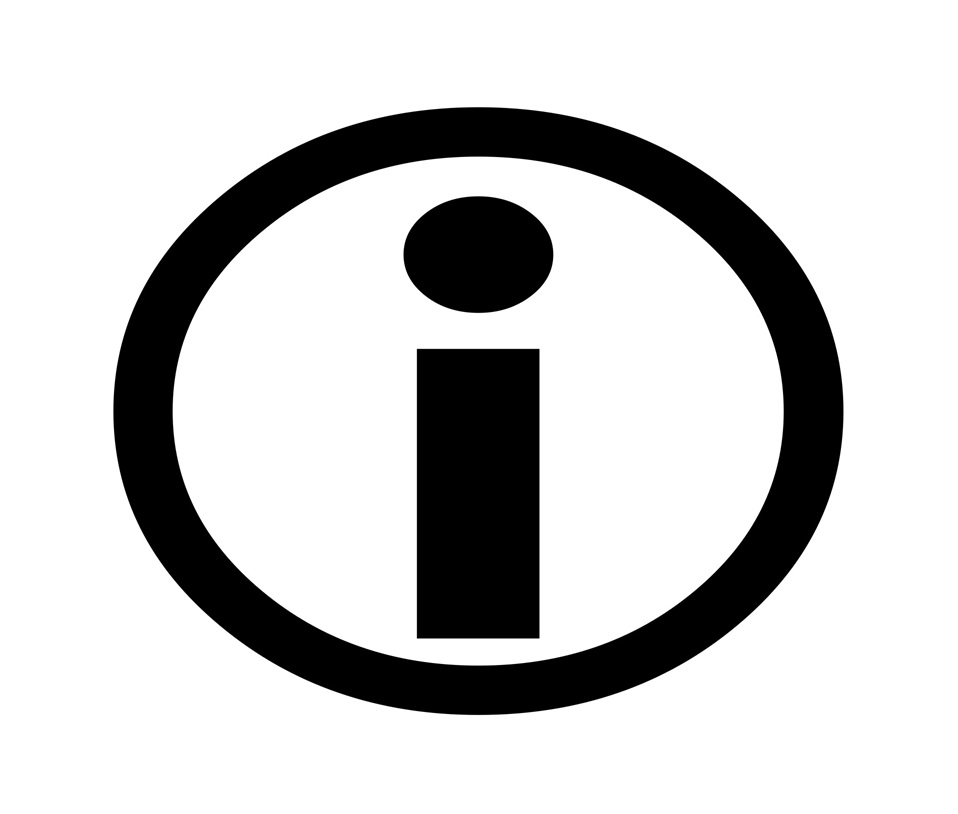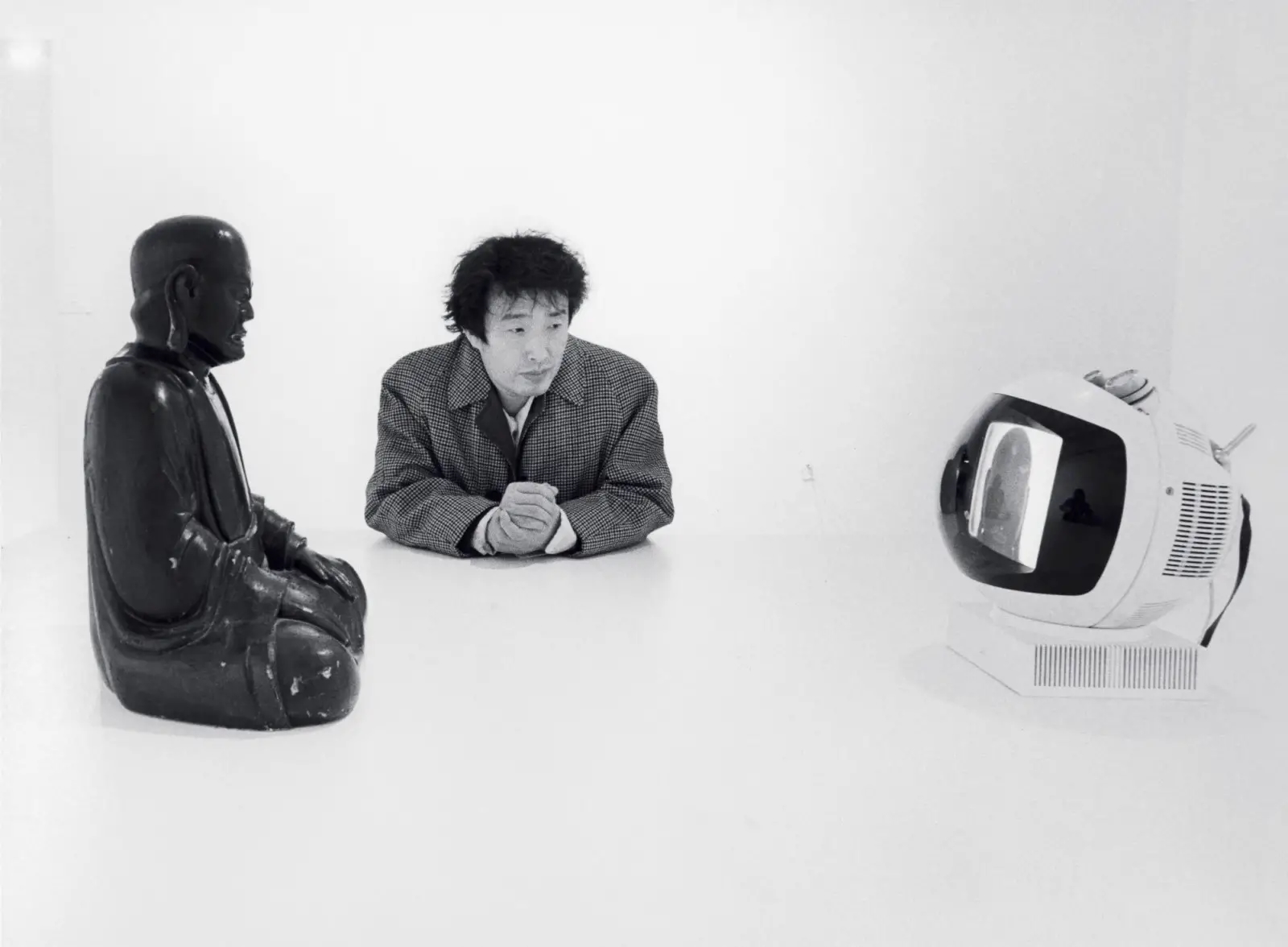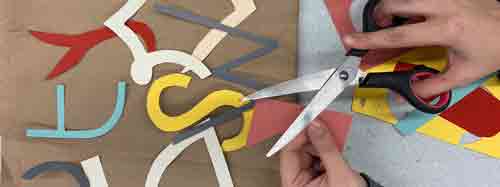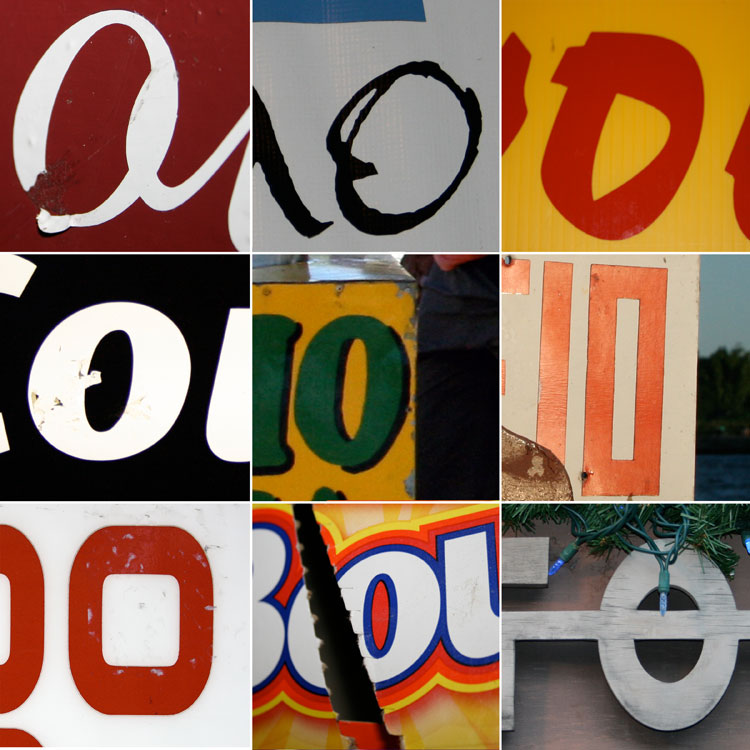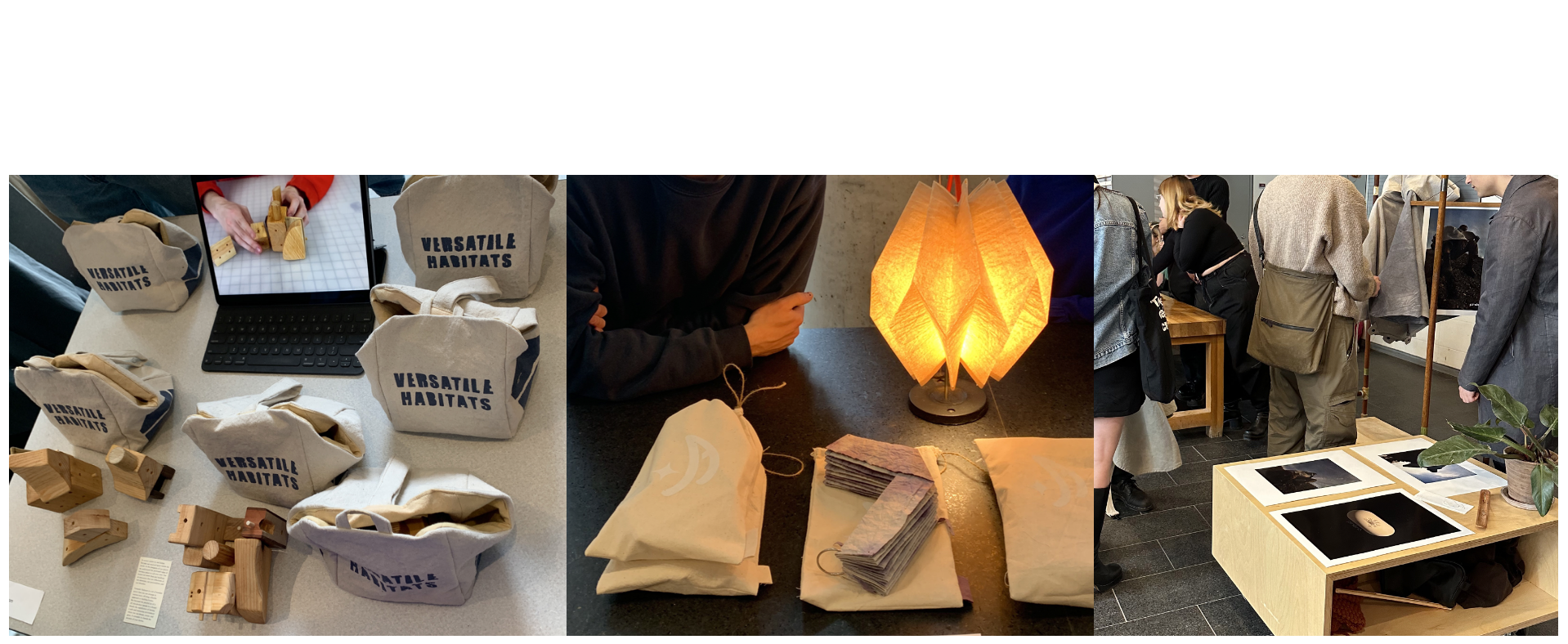Intermedia ventures into experimenting with an expanded understanding of the image beyond the limited purview of disciplinarian approaches in cinema and photography traditions.
Our year-long course is particularly invested to explore a capacious concept of what the image is, or could be, in the sense that images take on different forms beyond the visual image. In fact, ‘the image’ could take form through many of the interconnected registers (that are associated with sensory experience): the sonic image, the thought-image and dream-image, or the memory-image.*
With this in mind, Intermedia traces the in-between spaces across photographic, cinematic, and sonic media through a range of historical, material, conceptual and political contexts. We experiment with what dwells in between the images including (but not limited to) modes of production, labor relations, technologies, infrastructures, and histories. The space between images becomes a politically charged space for navigating and renegotiating the terms and forms of relation, of the "being-with" that connects all forms of life.**
*Romero, Andrés, “Image as Method: Conversations on Anthropology through the Image,” last accessed August 25th, 2024: https://somatosphere.com/2015/image-as-method-conversations-on-anthropology-through-the-image.html/
**Conrath, Ryan. Between Images: Montage and the Problem of Relation. Oxford University Press, 2023.
Land Acknowledgement
We acknowledge this land, Tio’Tia:Ke, colonially known as Montreal, as stolen Mohawk land. We stand in solidarity with the Kanien’kehaka and Haudenosaunee Six Nations.
We recognize the role of cultural modes of production in the colonization, not only of land, but of imaginings and our imaginaries, in economies of destructive scale, from Turtle Island to Palestine. In our classroom we strive to create historically informed acts of storytelling as we strive to render visible the connection between different geographies and histories of extraction and dispossession here on this stolen land and elsewhere.
Patriarchal Colonial Capitalism centers the individual as Creator because it assumes unlimited resources can be extracted to execute an Idea in a linear creative process from Conception to Production. We also recognize and actively challenge the enduring infrastructures, technologies (audio-visual, communication, surveillance, military), and modes of knowledge production and dissemination that have long created epistemological hierarchies and economic inequalities that continue to divide the world into distinct zones and spheres of living and dying.
We action our solidarity within this media production classroom, by centering Indigenous and non-Western epistemologies and ontologies, not only by diversifying bibliographies and creative references, but also by making kin with the forms we collaborate with - community, land, material and one another: a creative process as a circle of relations - including our relation to the unknown.
- Teacher: SANAZ SOHRABI
- Teaching Assistant: Juliana Galbraith
- Teaching Assistant: Juliana Galbraith
